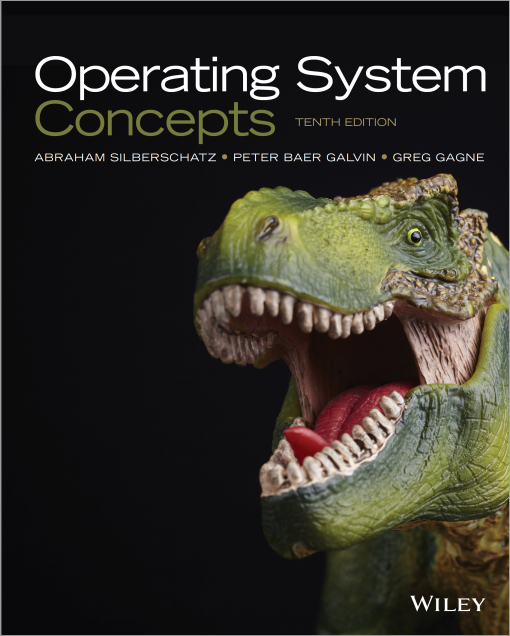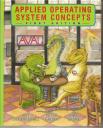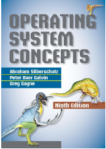I’m on the program committee for the USENIX LISA ’07 conference (a preeminent systems administration conference with refereed papers). The deadline for paper submissions is fast approaching. Below I’ve included the call for papers. If you’ve been doing research on systems administration or been implementing new tools or methods please consider submitting your work to the conference.
——————————————————————–
Call for Papers
LISA ’07: 21st Large Installation System Administration Conference
November 11-16, 2007, Dallas, TX, USA
http://www.usenix.org/lisa07/cfpb
Extended abstract and paper submissions due: May 14, 2007
Sponsored by USENIX and SAGE
——————————————————————–
Dear Colleague,
The submission deadline for the 21st Large Installation System
Administration Conference (LISA ’07) is less than a month away.
Please submit your work by May 14, 2007.
The LISA ’07 organizers invite you to contribute proposals for refereed
papers, invited talks, and workshops, plus any ideas you have for Guru
Is In sessions, Work-in-Progress Reports, the new poster session, and
training sessions.
The Call for Participation with submission guidelines and sample topics
can be found on the USENIX Web site at http://www.usenix.org/lisa07/cfpb
For twenty years, the annual LISA conference has been the foremost
worldwide gathering for everyone interested in the technical and
administrative issues of running a large computing facility.
Administrators of all specialties and levels of expertise meet at LISA
to exchange ideas, sharpen old skills, learn new techniques, debate
current issues, and meet colleagues and friends.
The conference’s diverse group of participants is matched by an equally
broad spectrum of activities:
* A training program for both beginners and experienced attendees covers
many administrative topics, ranging from basic administrative procedures
to using cutting-edge technologies.
* Refereed papers present the latest developments and ideas related to
system and network administration.
* Invited talks discuss important and timely topics and often spark
lively debates and conversation.
* Work-in-Progress Reports (WiPs) provide brief peeks at next year’s
innovations.
* NEW! The Poster Session offers the opportunity to describe your
current work.
GET INVOLVED!
* Submit a draft paper or extended abstract proposal for a refereed
paper.
* Propose a training session topic.
* Suggest an invited talk speaker.
* Share your experience by leading a Guru Is In session.
* Submit a proposal for a workshop.
* NEW! Submit a poster.
* Present a Work-in-Progress Report (WiP).
* Organize or suggest a Birds-of-a-Feather (BoF) session.
* Email an idea to the program chair: lisa07ideas@usenix.org
We look forward to hearing from you!
On behalf of the LISA ’07 Organizers,
Paul Anderson
University of Edinburgh
lisa07chair@usenix.org
————————————————————
IMPORTANT DATES
Extended abstract and paper submissions due: May 14, 2007
Invited talk proposals due: May 21, 2007
Notification to authors: June 27, 2007
Final papers due: August 20, 2007
Poster proposals due: September 3, 2007
Notification to poster presenters: September 17, 2007
Submission guidelines and more information can be found at
http://www.usenix.org/lisa07/cfpb
————————————————————-
————————————————————-
About this mailing list:
USENIX does not share, sell, rent, or exchange email addresses of its
members or conference attendees. We would like to continue sending you
occasional announcements like this one. However, if you no longer wish
to receive these announcements, please reply to this message and
include the word REMOVE in the body. Please do not alter the subject
line, as we need your ID number in order to process your request.
If you wish to send email to Paul Anderson, please use
lisa07chair@usenix.org. Paul_Anderson@usenix.org is for automated
list management only.
If you have any questions about the mailing list, please send email
to office@usenix.org. We may also be reached via postal mail at:
USENIX Association
2560 9th Street, Suite 215
Berkeley CA 94710
510 528 8649














